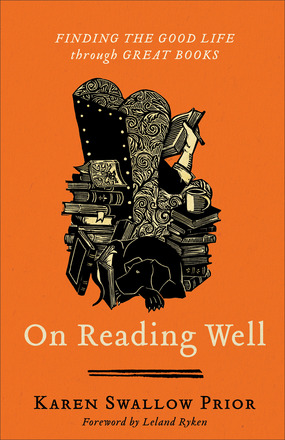Every pastor I know is dealing with the challenges of ministering to generations as divergent as the World War II “Builders,” the post-War “Boomers,” the technology-driven “Gen X” and their children, “Gen Y.” An article in the current edition of Foreign Affairs may provide insight from an unexpected source.
Tamar Jacoby, author of “Germany’s Immigration Dilemma,” documents the controversy raging in that country over immigrant knowledge workers. A runaway best-seller titled Deutschland schafft sich ab (Germany Does Away with Itself) argues Arab and Turkish immigrants are destroying Germany. The nation has worked hard to enculturate foreign workers, spending $186 million a year, compared to $18 million a year the United States spends to facilitate integration. Germany’s results, however, have been underwhelming.
Of the 60,000 foreign university students enrolling in Germany each year, only 6,000 choose to stay. Only 169 immigrant skilled workers applied for permanent residence in 2009. The skilled-worker shortage is costing the country $20 billion a year.
Proposed solutions may be of interest to church leaders. According to analysts, knowledge workers are attracted to the “three T’s”—technology, talent and tolerance. They want tools to succeed, other productive people with whom to work, and acceptance of their personal worldview and values. German culture gets high marks for the first two, but low grades for the third.
When I read Jacoby’s analysis, I thought immediately of two memorable conversations from my last pastorate. One was with a young couple who had been visiting our church from a contemporary-worship background. They were attracted to our childcare (technology) and large number of young adults (talent). But they were hoping our worship style would become more celebratory, media-driven and informal. The other was with an elderly couple visiting us at the same time. They were impressed by our facilities (technology) and large number of senior adults (talent). But they were hoping our worship style would become more formal and dignified. Both couples joined our congregation, but neither was happy with our traditional/blended worship. It was too traditional for one and too informal for the other.
Germany’s choices seem clear. The nation can abandon its ambition to forge a unified culture, embracing a polyglot society peopled by incongruent immigrant populations. Or it can give up its ambition to attract high numbers of immigrant skilled workers, embracing an economic future dependent on German labor.
Are your church’s choices the same? Or is there a third way? Jesus’ early followers were a disparate lot—tax-collectors for Rome and zealots who hated the Empire, Galilean fishermen and wealthy Sanhedrin members. But when Christ became their King, they found unity in serving his kingdom. They employed their divergent gifts and experiences in the larger calling of advancing his cause. Will we?
James C. Denison is president of the Center for Informed Faith (www.informedfaith.com) and theologian-in-residence with the Baptist General Convention of Texas.
Sign up for our weekly edition and get all our headlines in your inbox on Thursdays














We seek to connect God’s story and God’s people around the world. To learn more about God’s story, click here.
Send comments and feedback to Eric Black, our editor. For comments to be published, please specify “letter to the editor.” Maximum length for publication is 300 words.